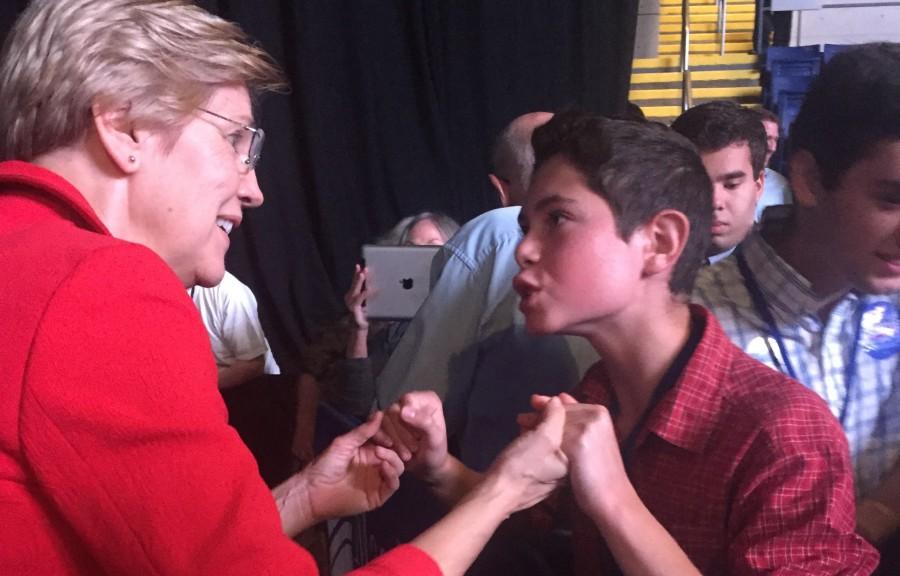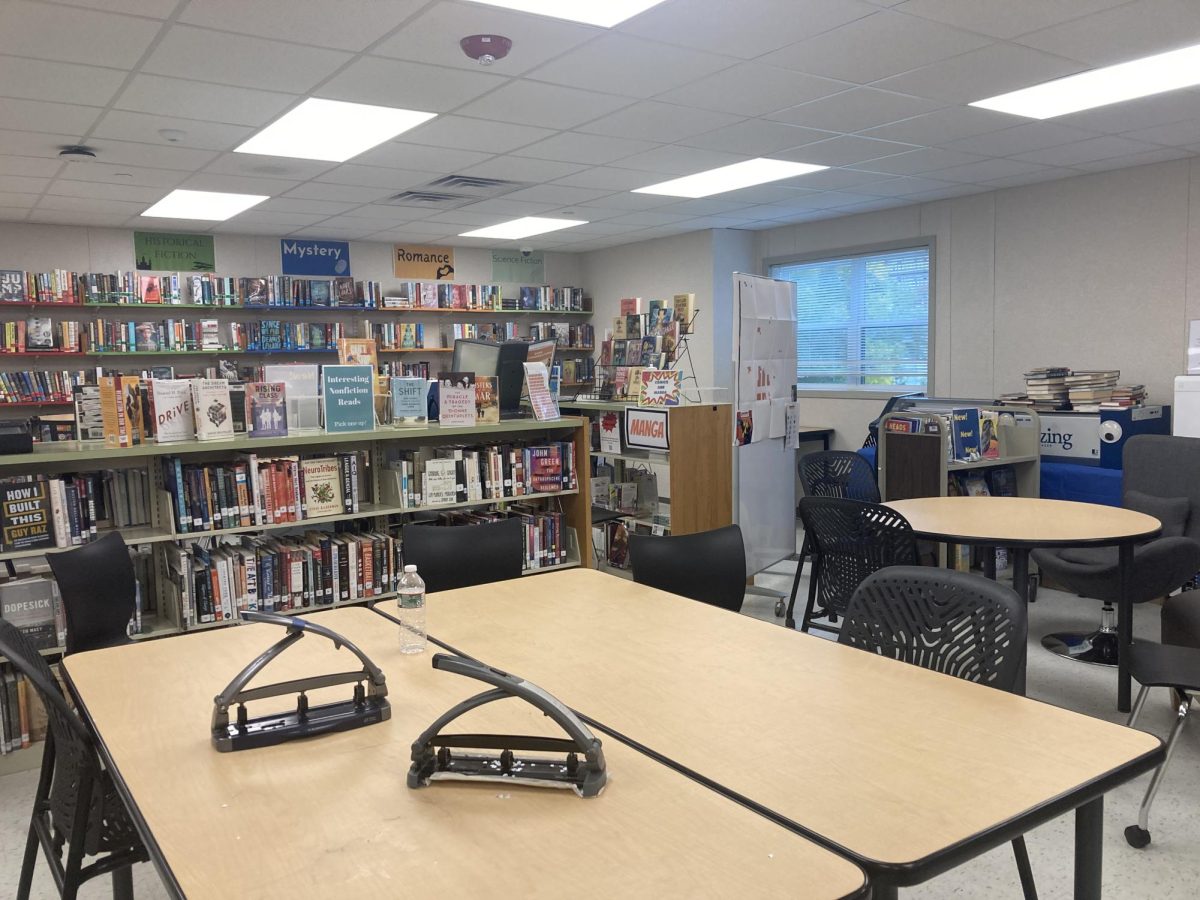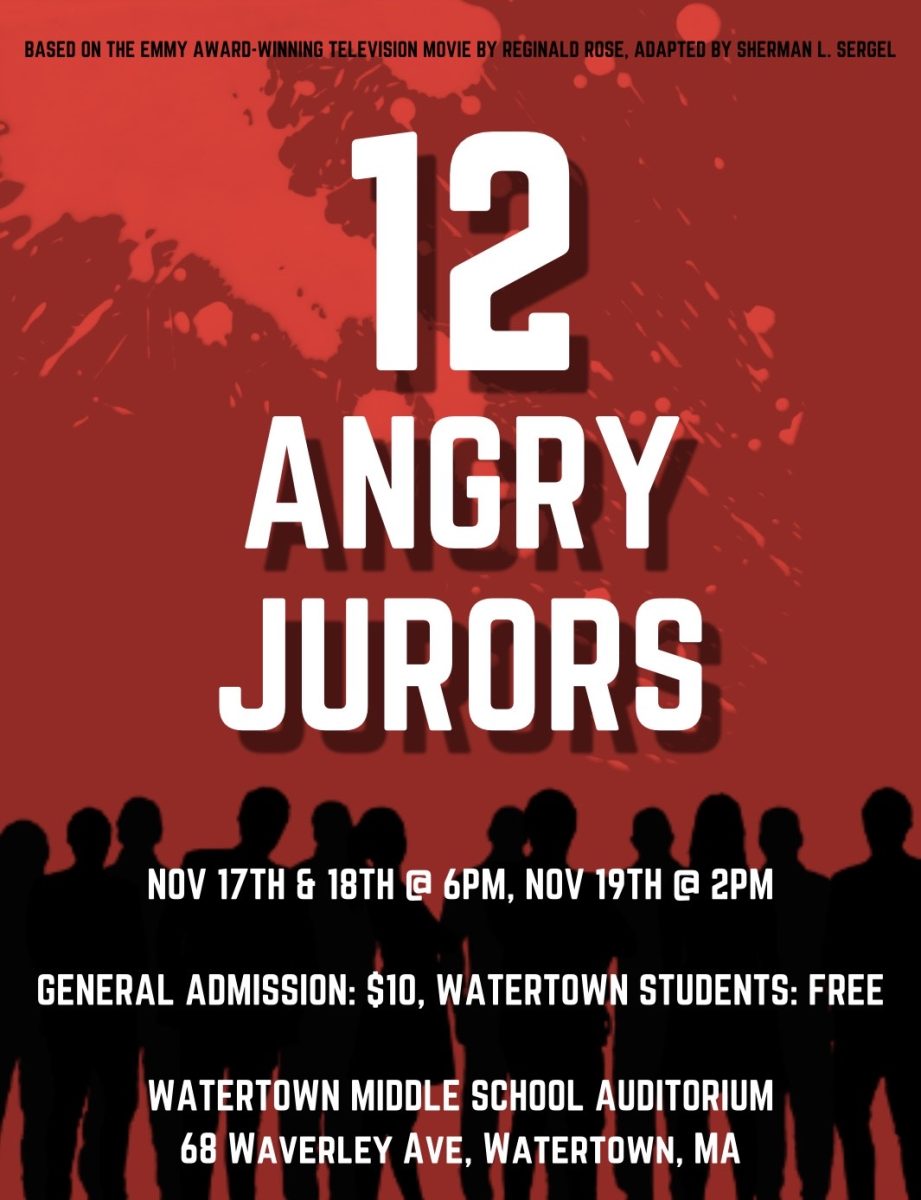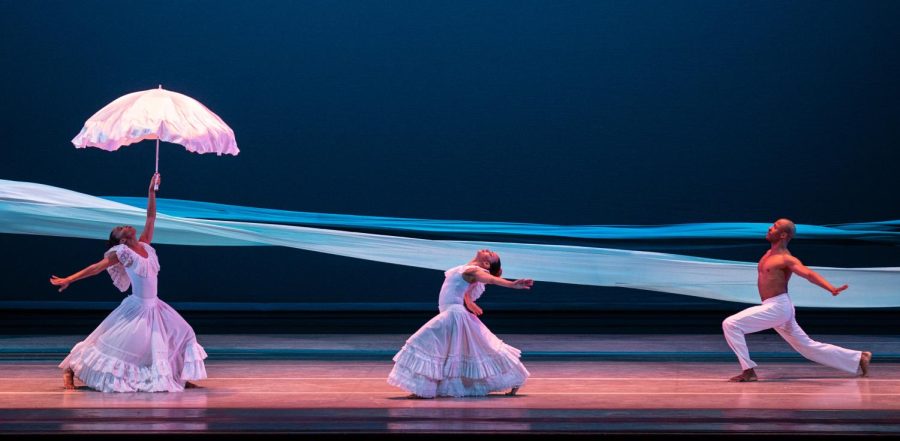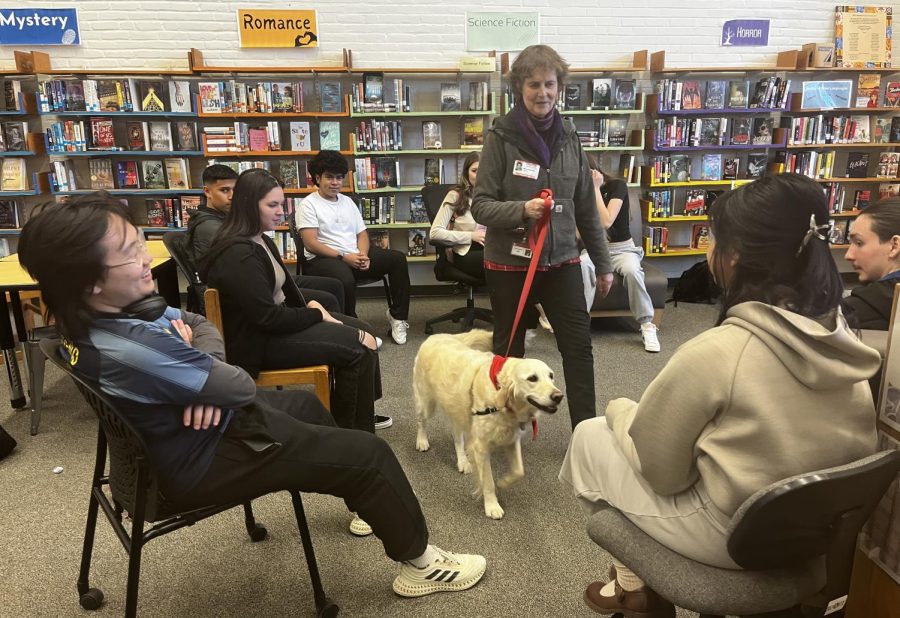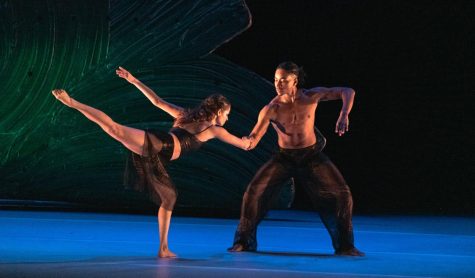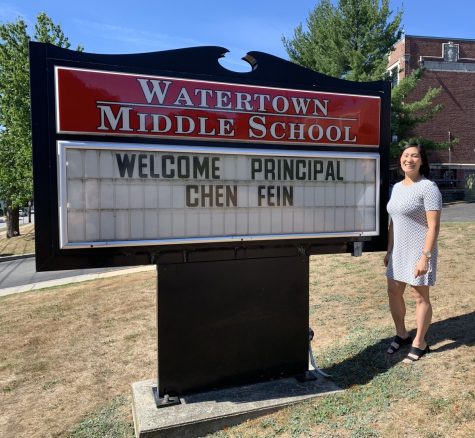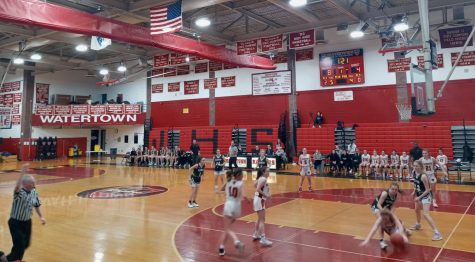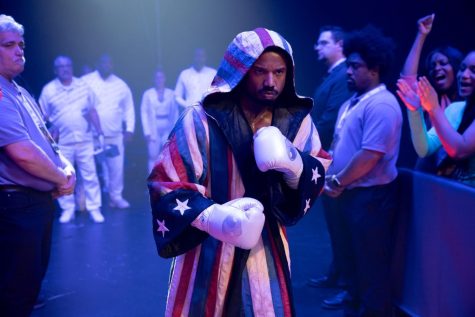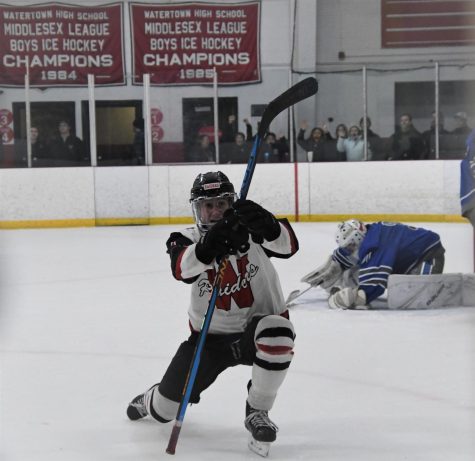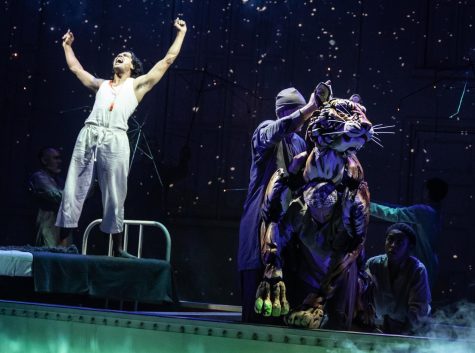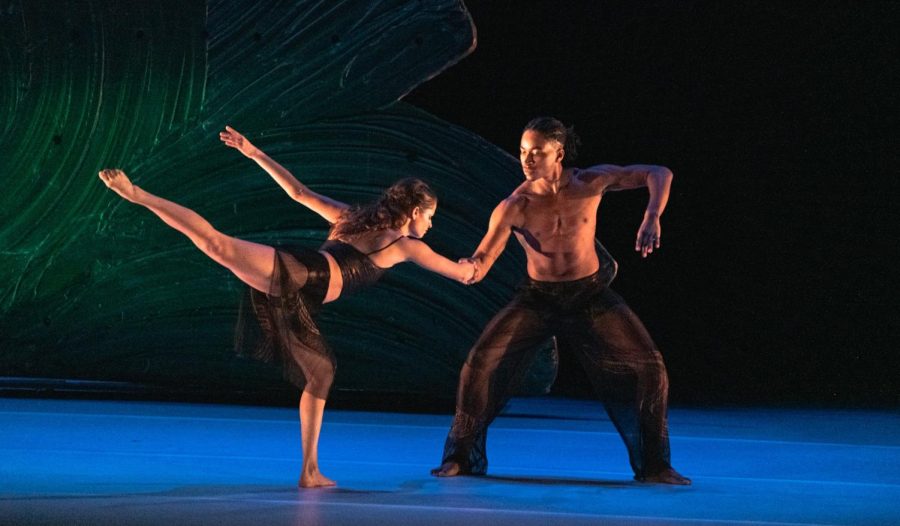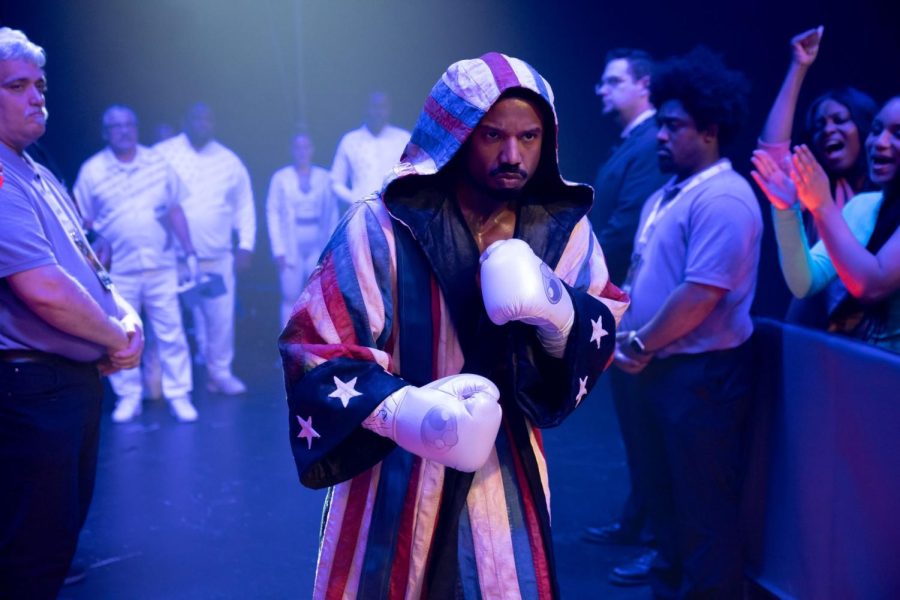Democrats get up close and personal
At state convention, Bernie Sanders, Hillary Clinton, and Elizabeth Warren are all part of party conversation
Raider Times photo / Jeremy Ornstein
Senator Elizabeth Warren (left) was able to get in touch with people of all ages at the state Democratic Convention in Springfield on Sept. 19, 2015.
November 12, 2015
Donald Trump says America can be great again. At the state Democratic Convention, party officials say that Massachusetts is already great.
The event, held in Springfield on Sept. 19, 2015, is an annual occurrence, designed to shape the Democratic state party platform and encourage Democratic activists to continue their work.
When first walking into the MassMutual Center, one is greeted by a gust of noise and people. In the front of the hall, volunteers mill around, scanning the tickets and passes of attendees. Mostly older, dressed in a variety of fashions, the “regular people” of the convention range from City Committee chairs to two eighth-graders to activists lobby- ing against a nuclear power plant.
After showing a barcoded ticket to one of the two volunteers, who, armed with smartphones and the correct app to scan it, the visitor or official is free to go inside. The first room is broad and airy, with only a small corridor of space being used. On the far side of the room is a small concession stand and bathrooms. In the corridor lies one of the most interesting parts of the hall: the exhibitions.
There are a variety of “liberal” political groups and entities in Massachusetts, and that label can mean different things to different people. One of the tables has a sign and a volunteer, both of which promote “the regulation of marijuana like alcohol.” As the volunteer says when asked, “This is an issue for Democrats, and it’s about freedom … We should have the freedom to recreationally use marijuana, just like we can use alcohol.” Other Democrats don’t agree with that stance, creating a divide in an already divided political spectrum.
Two other tables create angst in the exhibition room. Bernie Sanders and Hillary Clinton, the strongest candidates for the nomination of the Democratic Party for the presidency, are in deep competition, and at the convention, both have booths, making for some interesting, and loud, conversations.
The exhibitions include a group for Planned Parenthood, the organization that promotes birth control and sex education; High School Democrats, a new democratic group, made up of high-schoolers who do grassroots work for the party; a children’s book, which, using the ABC’s, details the political process; a state chapter of a national organization that supports college affordability; and many, many, more.
The main part of the event comes in the “arena.” With a large stage, a protruding microphone system from the ceiling, and a massive screen behind the stage showing the current speaker in many more pixels, the arena can easily be mistaken for a basketball game.
Seats cover the room, going from bleachers to the floor, and for the purposes of the convention, seating is divided up into the districts used for state senate elections.
That’s where the speakers give their speeches; ranging from Senator Ed Markey to Senator Elizabeth Warren to Mayor Marty Walsh. Bill Galvin, the secretary of state, the state official who deals with elections, speaks after Attorney General Maura Healey and Treasurer Deb Goldberg. In fact, while those five may have been the most notable speakers, the biggest attention-getters, there are many more.
Setti Warren occupies the office of the mayor of Newton, a relatively small title in a sea of big names. But, due to his charisma and progressive stands on policy, he is widely regarded as one of the top candidates for the governorship in 2018.
Perhaps one of the most well-known speakers, and the one who has the greatest impact, is Howard Dean. The 2004 presidential candidate ran as a liberal, riding a wave of anti-war sentiment after the first few years of the George W. Bush presidency. In addition to his run for presidency, he spent four years as the chairman of the Democratic National Committee and 12 years as governor of Vermont — the same state that Bernie Sanders hails from.
And yet, in somewhat of a surprise move, Howard Dean praises and endorses Hillary Clinton for the presidency.
“Hillary has been able to deal with problems; they come, and she deals with them,’’ he says. “She’s pragmatic…she’s with us!”
The reaction is mixed; some cheer, others stay silent. None of the other speakers endorse a particular candidate, though they were all similar in theme. Markey talks about Massachusetts’ tendency to create reform that spreads to the rest of the country.
“We started gay marriage, we started what became the Affordable Care Act, and it was you, all of you, who made that happen,” he says, praising the large arena full of activists.
Warren, a crowd favorite, speaks along the same lines, praising Massachusetts for electing progressive candidates, and then goes to a different topic, with an eye toward the national election.
“We need to show the difference between the republicans and us,’’ she says. “When we do that, the American voters will know who to vote for every time.”
She goes on to isolate a variety of issues and describe the Republican Party’s official stance, and the Democratic Party’s official stance. The crowd makes it clear which stance it supports more.
Healey delivers a crowd raiser about what she would, and already did, accomplish as attorney general, and adds to the room, “I couldn’t do it without you!”
Goldberg does the same. From the first speaker to the last, the arena full of activists is buzzing from the compliments.
The convention is made up of serious people, including past, current, and even future officials, and all make connections and form policy.
Ultimately, though, it will be up to the citizens of Massachusetts — Democrat or Republican — to make a difference in the way our towns, cities, and state are governed.
–Nov. 12, 2015–
